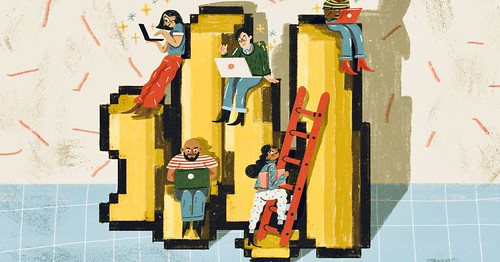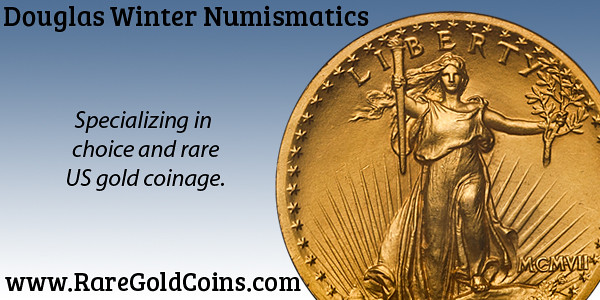
PREV ARTICLE
NEXT ARTICLE
FULL ISSUE
PREV FULL ISSUE
VENEZUELAN RUNESCAPE GAMERS PLAY TO SURVIVE
Kavan Ratnatunga writes: "Here's an interesting account of how the online game Runescape is helping the citizens of Venezuela survive the extended period of hyperinflation. My son has been playing this 20-year old game for many years and told me of this development." Thanks. While non-numismatic, this is a great illustration of the versatile nature of money, the resilience of a population under great hardship, and the unexpected benefits of internet connectivity. -Editor Venezuela used to be one of the richest countries in South America, but it has spent the last 10 years engulfed in a political and economic crisis. What started as the gradual crumbling of the country’s economy in 2010 snowballed into a devastating avalanche of crime, corruption, and mass starvation, leaving millions of people in the country unable to feed themselves or access basic medical supplies. Ninety percent of Venezuelans are now living in poverty, and one of the most extreme and sustained periods of hyperinflation ever recorded means that people working minimum wage jobs are earning the equivalent of $5 a month. Those who remain in the country have been forced to find innovative ways to survive. While some craft bags out of worthless bolivars — Venezuelan currency — to sell at markets, others look to a virtual land of opportunity, spending hours in front of computer screens and mobile phones hunting green dragons in the online multiplayer role-playing game RuneScape. RuneScape was originally released in 2001 by British developer Jagex, but it’s only in the last four years that a growing number of Veneuzelans have started depending on the game as their main source of income. One such player is ex-accountant Martinez, who requested that his last name not be published to protect his RuneScape account. Martinez quit his job after the inflation rate of the bolivar meant he could no longer survive on the money he was earning. RuneScape has been a lifeline for Martinez and his entire family. He tells Polygon he earned $450 by gold farming in RuneScape, and used that money to flee Venezuela and move to Peru. He continued to play the game and saved an additional $1,000, which he used to get his mother and girlfriend out of the country. “RuneScape is a super mainstream way to earn money in this day and age,” Martinez writes. “Depending on which state in Venezuela you are from, pretty much everyone knows about the game.” Farming, or “gold farming,” as it’s more commonly known, involves playing a video game with the specific aim of accumulating vast amounts of in-game currency (in this case, RuneScape gold) to sell for profit outside of the game. It’s nothing new, but it has become more pronounced as Venezuela’s infrastructure has been unable to function in recent years. Every Venezuelan player we spoke to for this story told us they sell their gold for either U.S. dollars or cryptocurrencies such as bitcoin, which means that their hard work isn’t compromised by the hyperinflation of their own currency, the Venezuelan bolivar. There’s an abundance of online websites that specialize in the buying and selling of RuneScape commodities. It’s a fiercely competitive marketplace, with several websites taking out Google Ads to appear at the top of search listings. At the time of writing, 1 million RuneScape gold sells for 63 cents.
To read the complete article, see:

Wayne Homren, Editor The Numismatic Bibliomania Society is a non-profit organization promoting numismatic literature. See our web site at coinbooks.org. To submit items for publication in The E-Sylum, write to the Editor at this address: whomren@gmail.com To subscribe go to: https://my.binhost.com/lists/listinfo/esylum All Rights Reserved. NBS Home Page Contact the NBS webmaster 
|